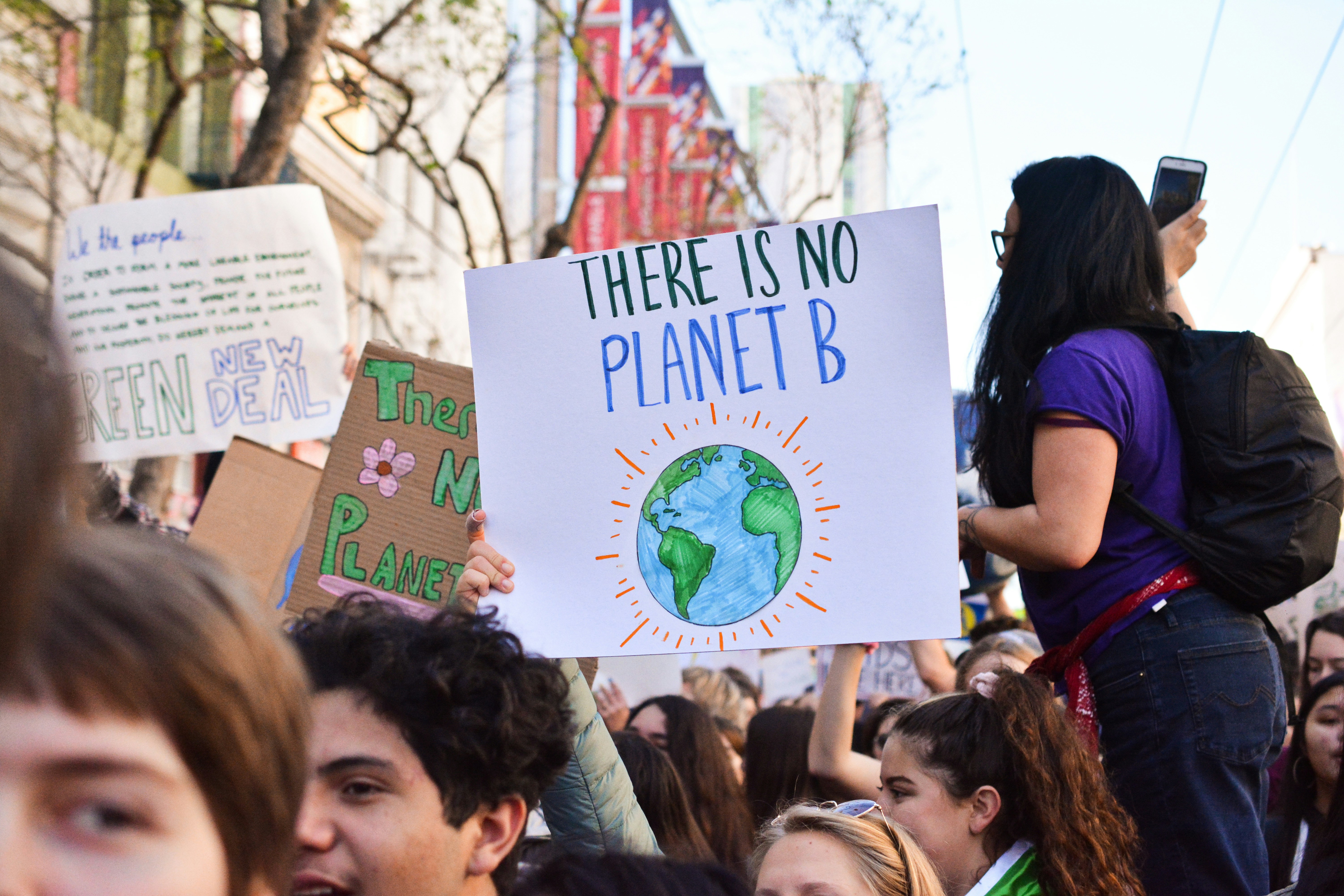Jul 24, 2025

There’s a particular kind of heaviness that comes from imagining a future you believe you may never get to fully live in. For many young people, climate change isn’t a distant possibility. It’s an ever-present reality, shaping how they move through the world, how they think about safety, purpose, belonging, and whether they’re even allowed to dream.
This grief is not abstract. It lives in their bodies. It’s held by their nervous systems. It shows up in quiet moments and ordinary decisions. It’s not about a single storm or statistic. It’s about a felt sense that something irreversible is unfolding, and that those who have the power to act are not acting with enough urgency.
Research increasingly shows that climate anxiety is especially common and relevant among youth and young adults. Yet, despite carrying this heavy awareness, young people often have few opportunities to influence the policies shaping their future, since decision-making systems tend to exclude their voices.
Climate anxiety is not a disorder. It’s not a flaw in someone’s thinking, or a crisis of resilience. It is a natural, human response to a world in distress. And it makes sense.
Youth are paying attention to the science, the silence, and the ecosystems unraveling. They are worried their futures are slipping through the cracks.
A recent Canadian study reflects just how heavy this awareness can be for young Canadians. Over half (56%) say they feel fear, sadness, anxiety, and helplessness. Additionally, 78% acknowledge that climate change affects their mental health overall, while 37% report that these feelings interfere with their everyday life.
They are not overreacting. They are responding to reality. The problem is not that they feel too much, rather that they’re often left to carry it alone.
Climate anxiety doesn’t always show up as panic or fear. Sometimes it’s quiet. Sometimes it comes out as numbness, fatigue, or disinterest in the future. Sometimes it looks like:
These aren’t just emotional reactions, rather forms of mourning. For the planet. For stolen futures. For the myth of safety. And like any mourning, they’re nonlinear. They don’t follow a neat timeline or predictable shape.
What deepens the pain is how often it’s minimized. Youth are told to calm down, stop worrying, focus on school, think positively. While it may be well-meaning, it also may leave young people feeling unseen and unheard.
When adults avoid hard conversations or invalidate how youth feel, it can feel like betrayal. Not just of the relationship, but of reality. It may teach children and youth that their grief is inconvenient. It may teach them that their grief is unsafe to feel. It may teach them that their sensitivity is a liability – that their love for the planet makes them too much.
This doesn’t just feel invalidating. It can be isolating. It’s one thing to be afraid. It’s another to be afraid and alone in that fear.
There is no one-size-fits-all or script for how to respond to climate grief. There is no checklist that makes it go away. What matters more than solutions or problem-solving is presence.
Sometimes what young people need most is for someone to stay with them in the heaviness. To hear their questions without rushing to fix or problem-solve. To let their sadness exist without trying to reframe it. To say, I see how much you care. I see what it costs you to carry that.
We don’t have to be optimistic to be supportive. We don’t have to pretend things are in a better state. Being with someone inside their grief, without minimizing it, is an act of care.
We often rush to talk about action, but action is not always available or accessible. Some youth may find grounding in mutual aid, climate organizing, or creative expression. Others may need rest, stillness, and less noise.
What matters is that we don’t turn their grief into a project. That we don’t treat action like a cure. That we don’t ask them to make meaning out of something they’re still in the middle of feeling.
Support doesn’t mean directing someone toward hope. What if we could look at support as sitting with them while they feel what they feel.
We often emphasize building resilience in youth. The goal is not just to make them better at surviving a world that has been bringing them immense anxiety. The goal is to build something else entirely—relationships rooted in safety and support, systems grounded in justice, and communities that can hold grief without shutting it down.
At VOX Mental Health, we offer space for whatever young people are carrying, and however they show up as they navigate anxieties about their futures. We’re here to help.
To learn more about youth climate anxiety, visit:
Lindsay P. Galway, & Ellen Field. (2023). Climate emotions and anxiety among young people in Canada: A national survey and call to action Climate emotions and anxiety among young people in Canada: A national survey and call to action. The Journal of Climate Change and Health, 9, 100204.










